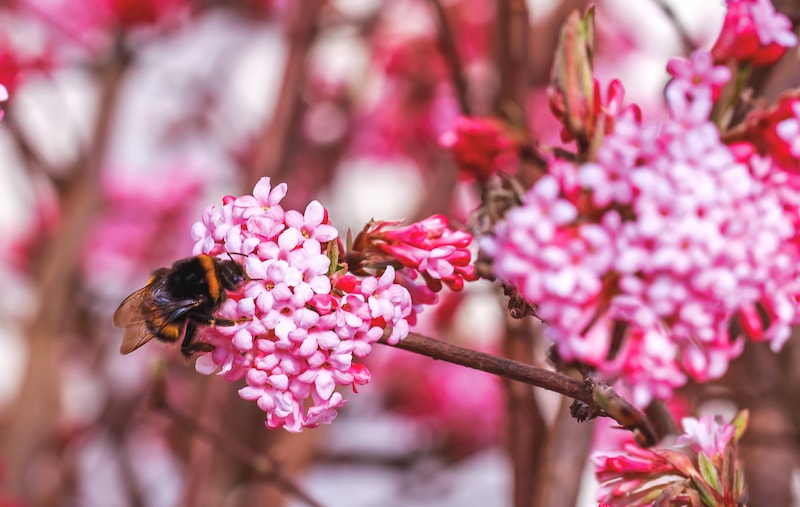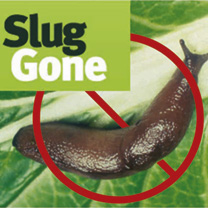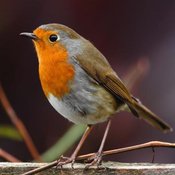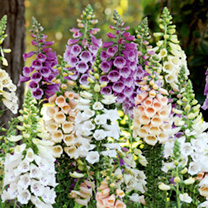Bees are in trouble. Our countryside used to provide everything needed to sustain them, but changes in agriculture mean our favourite pollinators are turning increasingly to our gardens for the habitat they need.
This is where you can help. Planting seeds for bees and butterflies feeds bees during the summer months, but there’s lots you can do to help them during the winter too. Here’s how to help overwintering bees.
How bees survive the winter
Honeybees don’t hibernate during the winter, but do completely change their behaviour. Only female workers and the queen survive the winter months. With no reproduction, there’s no work to do other than to keep each other and the queen nice and warm. To do this, the colony clusters around the queen, consuming its store of honey, with the bees vibrating their wing muscles to generate heat. Individuals cycle from the outside to the inside of the clump, to make sure no one gets too cold and even if it’s well below freezing outside, at the centre of the cluster, temperatures can reach over 30C.
Having said that, bees do leave the cluster to collect water to dilute their honey, and to go to the toilet. The problem with warming winters is that the bees ‘wake’ and decluster more often and, because they’re more active, need more food to see them through. If their stores of honey prove insufficient, they’ll starve and the colony will die. While the bees are outside the hive collecting food, there’s a chance of them bringing varroa mite back with them, a colony-decimating risk that cold winters help to alleviate.
Bumblebees and other types of bee are different – by the onset of winter, the males and old queens die off leaving the young-mated queens to hibernate in hollow reed stems, holes in brickwork, in earth tunnels and lots of other nooks and crannies.
How to help feed overwintering bees
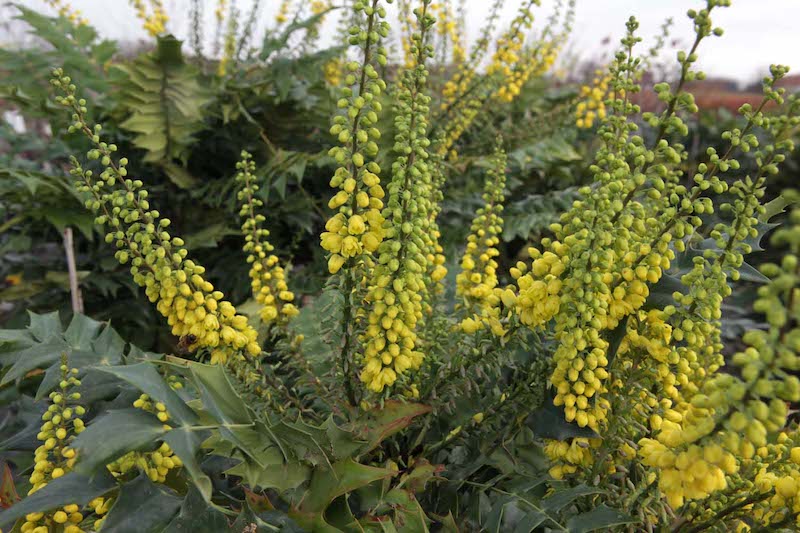
Image: Mahonia x media Winter Sun from Suttons
Providing lots of food is one of the best ways to help overwintering bees. That means planting ornamental and wildflowers that bloom deep into the autumn and winter, and which flower early in the spring too. This helps to make sure honey bees fill their stores with honey, and ensures that hibernating bees are in good condition when they go into their dormant state.
When warm weather tempts bees from their hives, having a ready source of pollen and nectar nearby means they can feed on that rather than depleting their stores of honey. For other kinds of bee it’s also important to make sure there’s food around if they need it because waking too early can easily mean starving to death.
Evergreen winter-flowering plants and winter bulbs are excellent options for helping bees while providing late autumn and winter interest. Try some of the following:
- Mahonia – An evergreen which produces bright yellow, richly fragrant flowers borne in dense clusters of arching racemes from November to March.
- Cyclamen – Lovely winter ground cover producing delicate pink flowers from autumn to spring.
- Winter Clematis – Great for training against walls, fences and obelisks, these pale winter blooms are a boon for overwintering pollinators.
- Winter-flowering viburnum – In the depths of winter this stunning viburnum busts into life with a profusion of dark pink, richly perfumed blooms.
- Winter-flowering heather – Flowering from late winter into the spring, bees love heather.
How to shelter overwintering bees
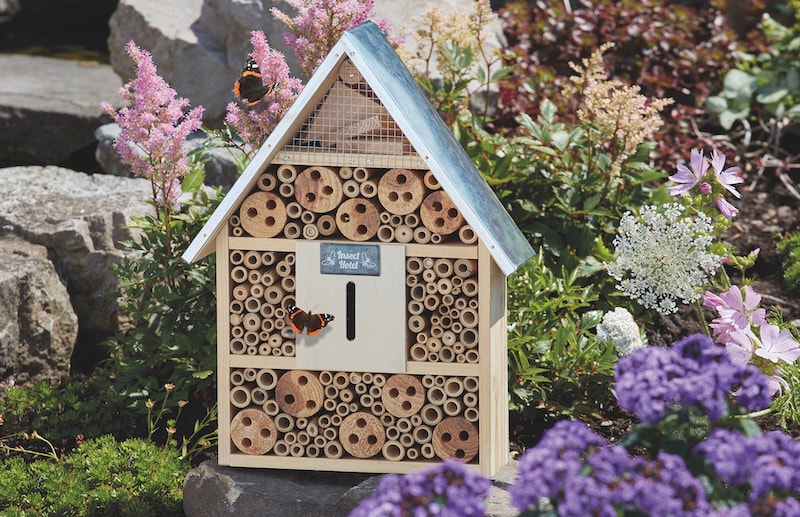
Image: Wooden insect hotel from Suttons
Avoid too much cutting back and tidying before the onset of winter – hollow stems of perennials and grasses provide homes for bees and other insects. You can help your local bee population by installing or making your own bee hotel, and leaving a log pile provides hibernation places for lots of insects and other mammals too. You should also avoid raking fallen leaves to protect anyone sheltering beneath.
Protecting bees during the winter months is vital, not only for helping to sustain healthy populations of pollinators, but for making sure our summer crops flourish too. Check out our guide to giving wildlife a helping hand to find out what else you can do to protect our natural ecosystems.
Lead image: Vibernum bodantense Dawn from Suttons

